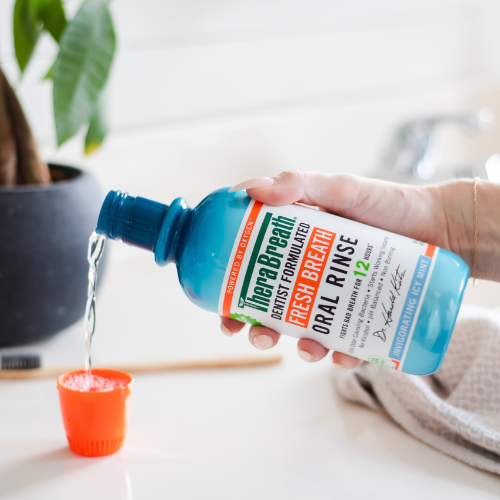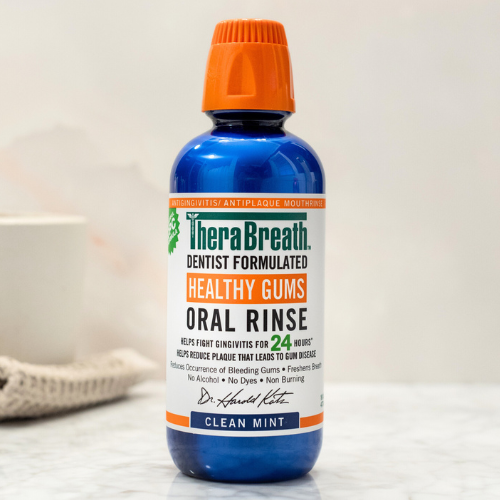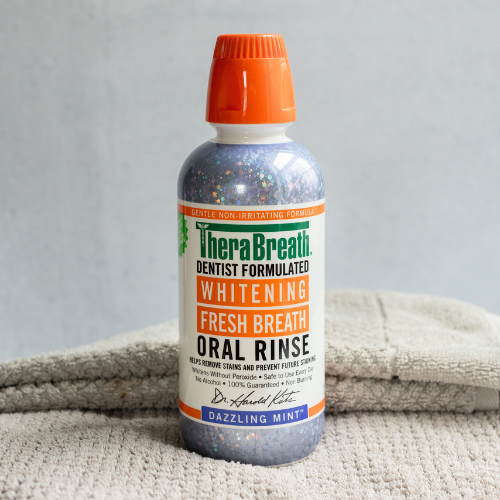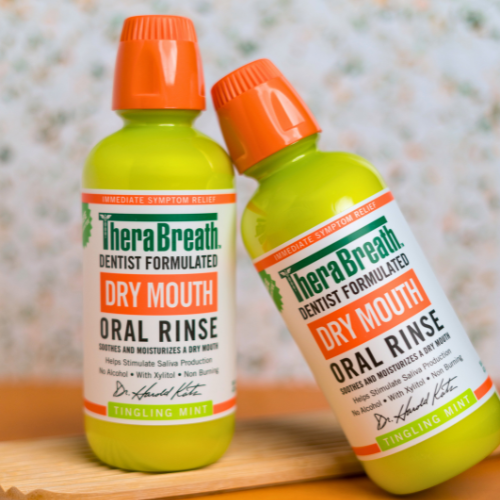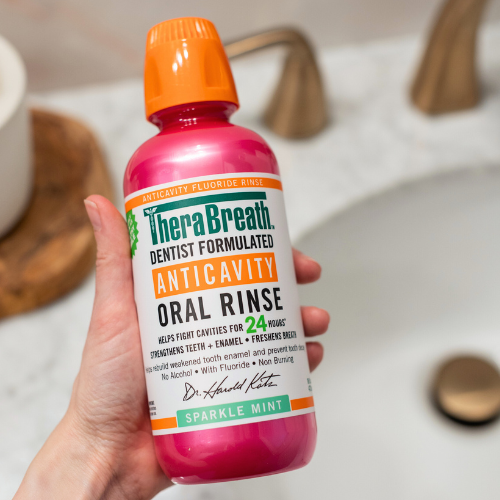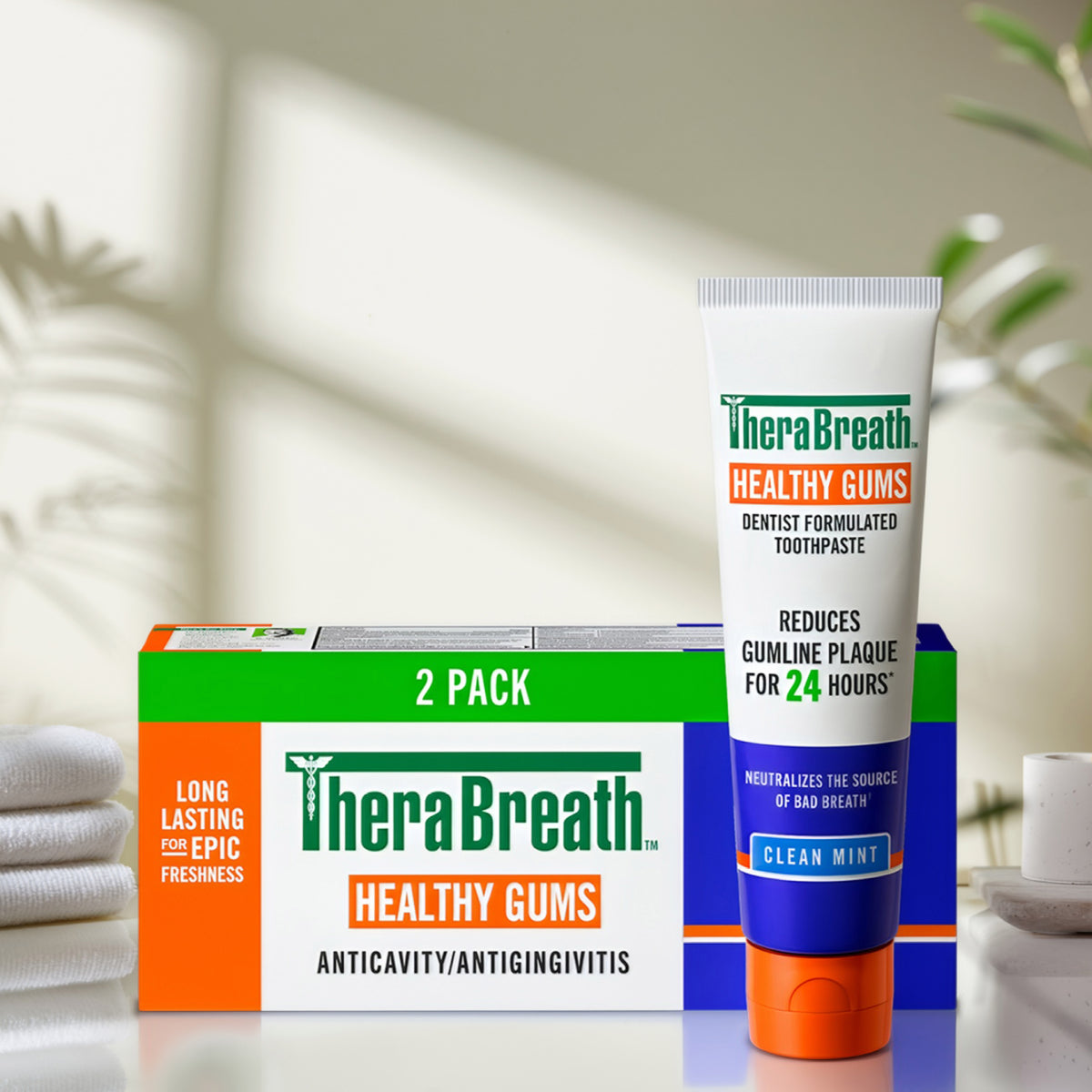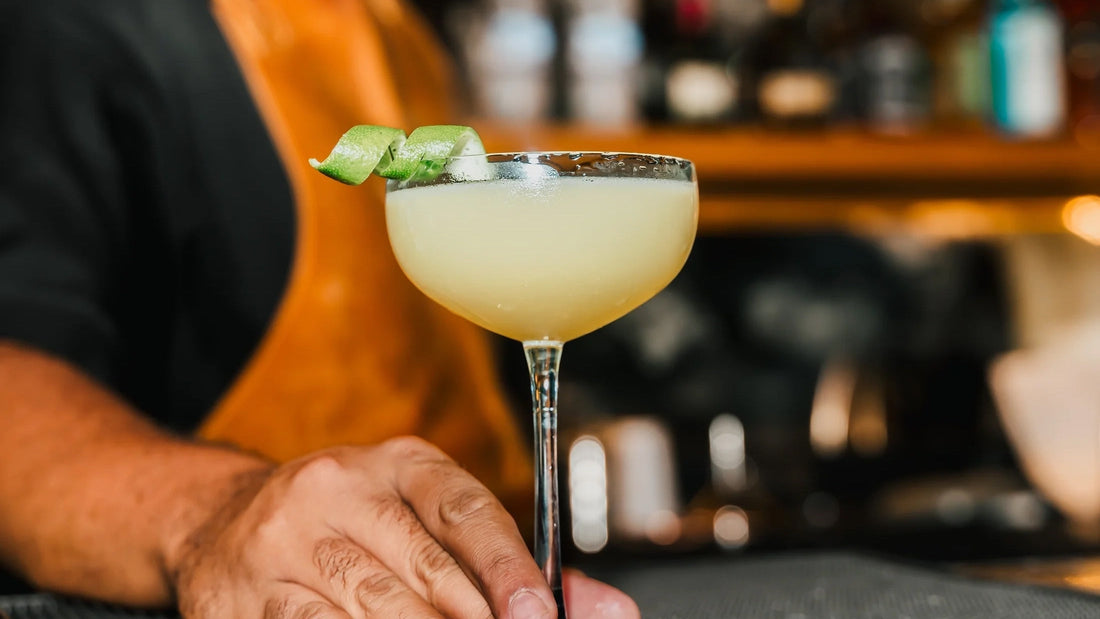
Alcohol and Bad Breath
Share
Originally published August 5, 2019. Updated September 19, 2025 for accuracy and freshness.
Almost all of us have been there: waking up the morning after a long night and you feel like you have been hit by a train. Your mouth feels parched, your breath reeks, and your head pounds like a thunderous bass drum.
It’s a well-known fact that alcohol spells trouble for the body. But did you realize that it also plays havoc on your mouth? Leaving you with a case of bad breath as well as other oral health issues.
Why Does Alcohol Cause Bad Breath?
Dehydration and Dry Mouth
One of the biggest reasons alcohol leads to bad breath is that it causes dry mouth.
First off, alcohol is a diuretic, meaning it increases urine production and causes fluid loss. This happens because alcohol suppresses antidiuretic hormone (ADH) , which normally helps your body retain water. When ADH levels drop, your kidneys flush out more fluids, leading to dehydration and dry mouth [1].
A dry mouth can cause bad breath due to the lack of saliva in your mouth. Saliva plays a crucial role in washing away bacteria and food particles. Without enough of it, bacteria thrive, producing volatile sulfur compounds (VSCs) that contribute to alcohol breath [2][3][12].
Bacterial Growth and Morning Breath

Alcohol-induced bad breath is like morning breath but amplified. When you sleep, saliva production naturally decreases, allowing odor-causing bacteria to multiply. After a night of drinking, your already dry mouth provides even more opportunity for these bacteria to grow [4] [13]. The result? Waking up to bad breath on steroids.
Alcohol’s Lingering Effects
Unlike food, which breaks down in the stomach, alcohol goes straight into the bloodstream. While the liver processes most of it, some alcohol is expelled via breath, sweat, and urine, which is why the smell of alcohol can linger in your system long after your last drink, contributing to persistent bad breath. [5].
How to Reduce Alcohol Breath
If you’re wondering how to get rid of alcohol breath after a night out, here are some effective strategies:
Hydrate Before, During, and After Drinking
Drinking water helps counteract alcohol’s dehydrating effects and prevents dry mouth. Try alternating alcoholic drinks with a glass of water to stay hydrated and reduce bad breath the next morning [6].
Brush and Floss Before Bed
Before going to sleep, brush your teeth and floss to remove food particles and bacteria that contribute to bad breath. This also helps prevent plaque buildup, which can worsen oral odor [7].
Use an Alcohol-Free Mouthwash
Alcohol-based mouthwashes might seem like a quick fix for bad breath, but they can make the problem worse over time. That’s because alcohol acts as a drying agent, reducing saliva production—your mouth’s natural defense against odor-causing bacteria. As we mentioned earlier, saliva helps cleanse the mouth and neutralize acids produced by plaque. When saliva levels drop, anaerobic bacteria flourish, producing volatile sulfur compounds (VSCs), one of the primary culprits behind halitosis [2][3][12].
A study published in the Journal of Clinical Periodontology found that alcohol-containing mouthwashes were associated with greater oral tissue dryness and irritation, which may worsen bad breath in the long term [8]. Additionally, the American Dental Association (ADA) notes that dry mouth is a significant contributing factor to halitosis and recommends alcohol-free products for people prone to dry mouth [4].
Using an alcohol-free mouthwash is a gentler, more effective way to manage bad breath. Instead of masking odor or contributing to dryness, alcohol-free rinses support your mouth’s natural balance.
TheraBreath Dry Mouth Oral Rinse is formulated specifically for people dealing with dry mouth. It stimulates saliva flow while using natural salivary enhancers like xylitol and Acmella flower extract, helping to eliminate bad breath at the source without alcohol or harsh detergents. The result is lasting moisture, fresher breath, and a soothing tingling sensation that helps keep your mouth feeling clean and hydrated.
Eat Before and After Drinking
Drinking on an empty stomach speeds up alcohol absorption, making bad breath worse. Eating a meal before drinking slows this process and helps protect your stomach lining [9]. Foods rich in vitamins and minerals, such as leafy greens and lean proteins, may also help reduce alcohol’s impact on your breath.
Combat Dry Mouth with the Right Oral Health Products
Dry mouth, especially after drinking alcohol, can worsen bad breath by allowing odor-causing bacteria to thrive. To combat this, use dry mouth remedies that help restore moisture and freshen breath. Look for products that contain xylitol and salivary stimulants [6], like our oral health products targeted on dry mouth.
Restore Electrolytes with Potassium-Rich Foods
Alcohol depletes electrolytes like potassium, which contributes to dehydration. Eating potassium-rich foods—like bananas, avocados, and spinach—can help your body recover and may reduce the severity of bad breath caused by alcohol, or other causes [10].
Chew Sugar-Free Gum
Chewing sugar-free gum stimulates saliva production, which helps wash away bacteria and neutralize bad breath. Look for gums containing xylitol, such as our Fresh Breath Chewing Gum, which may help reduce oral bacteria [11].
By following these tips, you can enjoy social drinking without worrying about bad breath.
Sources:
- Medical News Today. Alcohol and urination: What is the link?
- Cleveland Clinic. Bad Breath (Halitosis)
- Mayo Clinic. Dry Mouth
- American Dental Association. Dry Mouth
- National Library of Medicine. How Is Alcohol Metabolized by the Body?
- National Institute of Dental and Craniofacial Research. Dry Mouth
- American Dental Association. Home Oral Care
- McCullough MJ, Farah CS. The role of alcohol in oral carcinogenesis with particular reference to alcohol-containing mouthwashes. Journal of Clinical Periodontology, 2008.
- University of California, Santa Cruz Student Health Services. Alcohol and Your Body
- MedlinePlus. Potassium in Diet
- American Academy of Pediatric Dentistry. Policy on the Use of Xylitol in Pediatric Dentistry
- Nature. Investigation of volatile sulfur compound level and halitosis in patients with gingivitis and periodontitis
- National Library of Medicine. The significance of saliva during sleep and the relevance of oromotor movements
